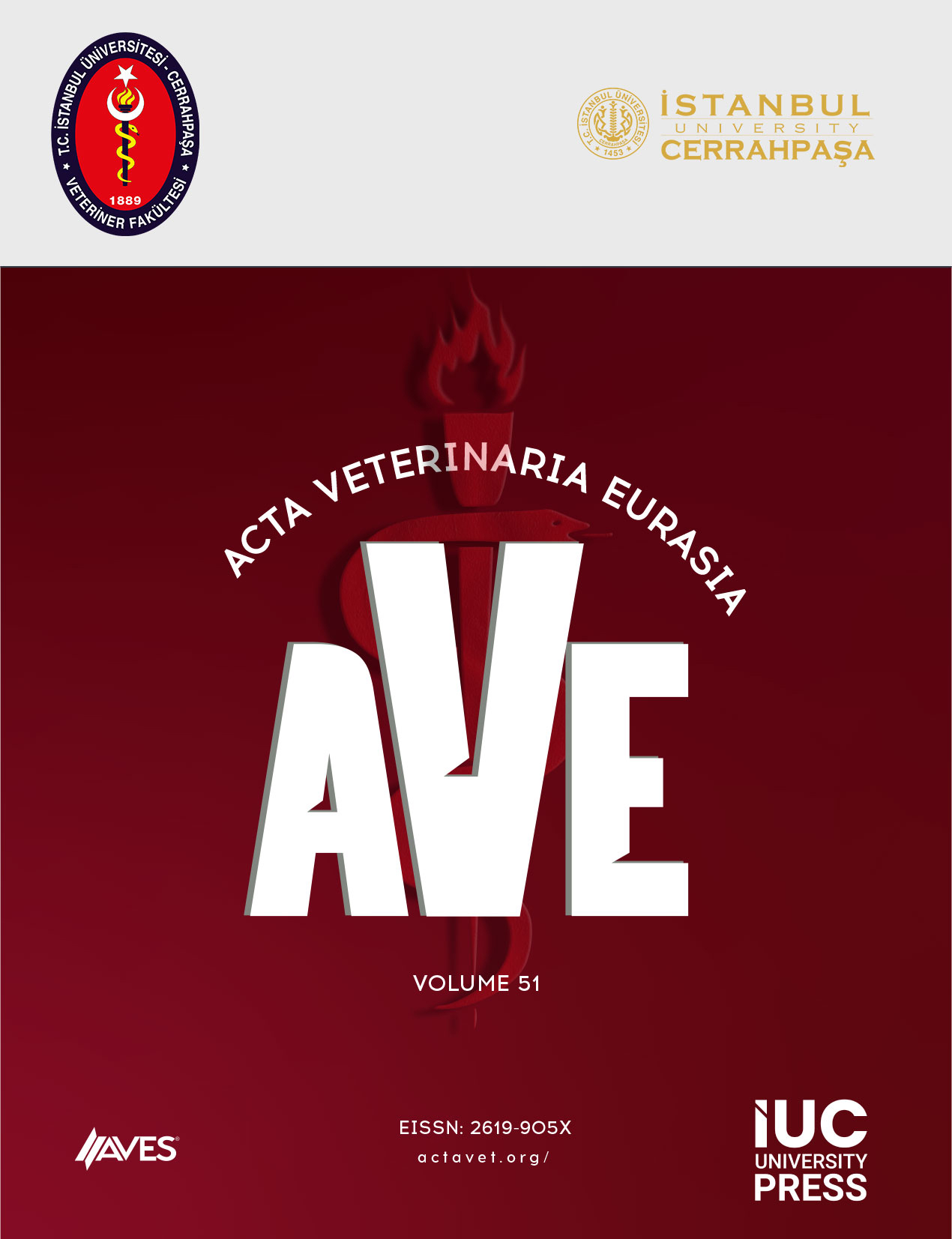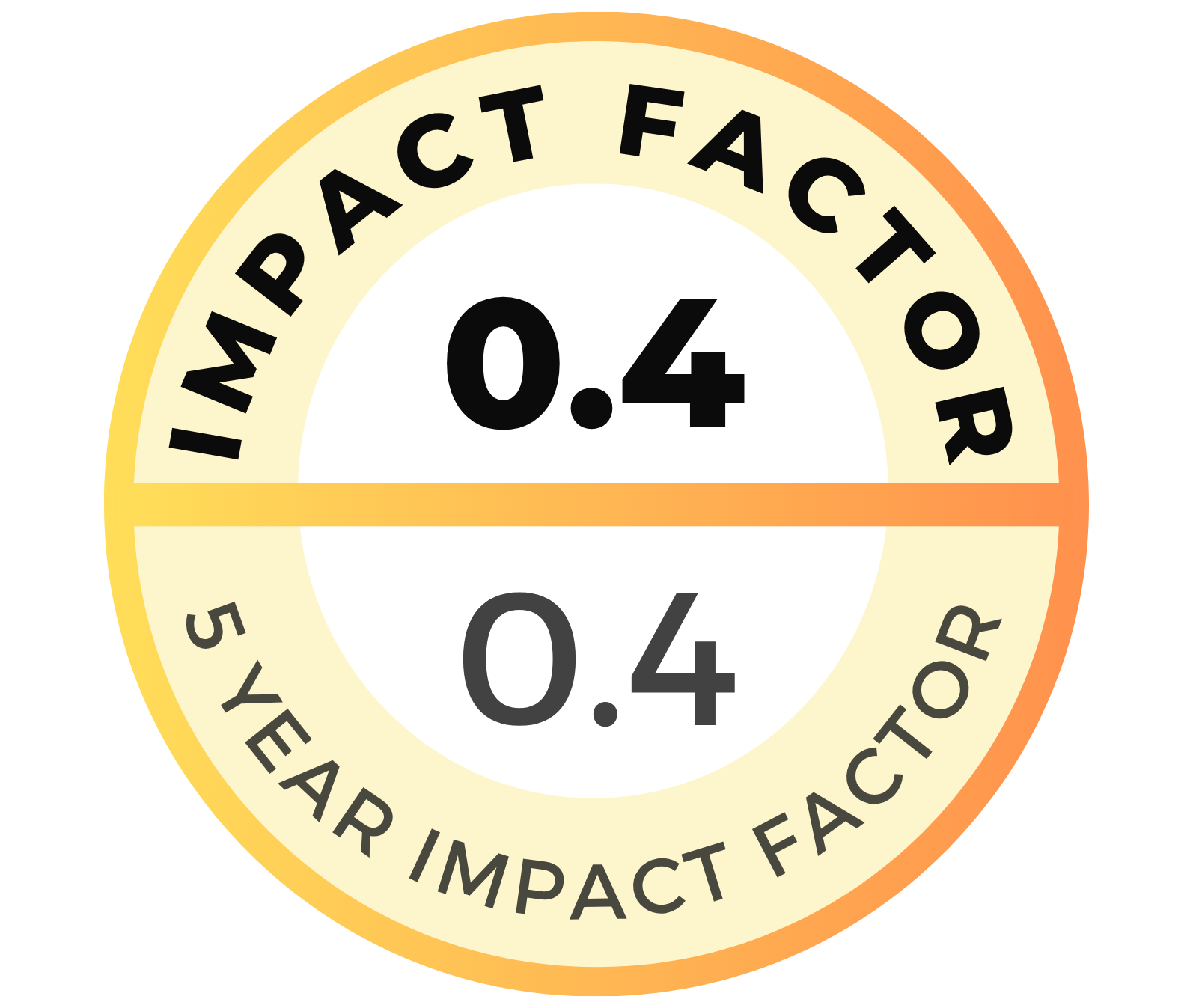This study was planned to distinguish the presumptive effect of Pimozide, a dopamine antagonist which diminishes the maternal instincts in mammals. Twenty deeply broody American Bronze turkeys were used in the study. Ten of the turkeys were treated with 20 mg/kg pimozide in 20 ml of physiologic saline per os for 3 days, the other 10 have received a same volume of physiologic saline (placebo) for a same duration to be the control group. Staying in the nest, hissing, laying and pelvic bone distances of the turkeys were recorded during the first 3 days without treatment, during the 3 days of treatment and 3 days after the treatment.
At the end of the study the pelvic bone distances of the treatment turkeys, have significantly increased at the first day of treatment (P<0.05). Nesting behaviour have also decreased significantly in the treatment group at the 2nd and 3rd days of treatment (P<0.05). Hissing have decreased significantly at the second day of the treatment (P<0.05). Laying which is the marked symptom of transition from broody to laying status did not start during the study.
At the end of the study, İt is observed that pimozide therapy have made a significant effect on pelvic bone distances, nesting and hissing in deeply broody turkeys. However, it is necessary to carry out more studies with longer and higher doses of pimozide to re-start laying.





.png)